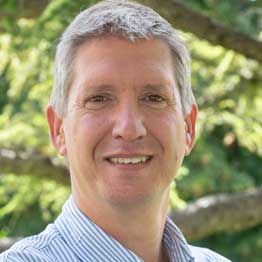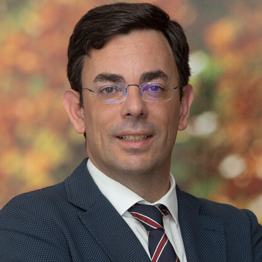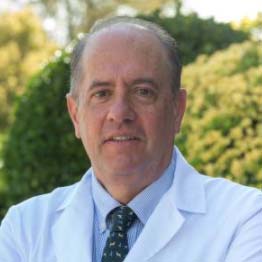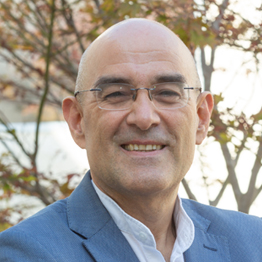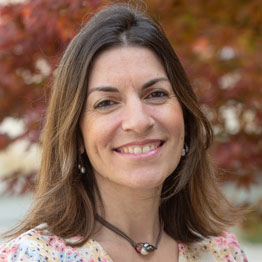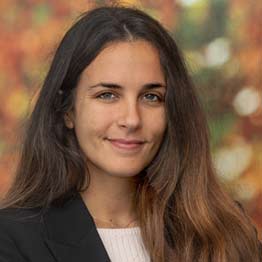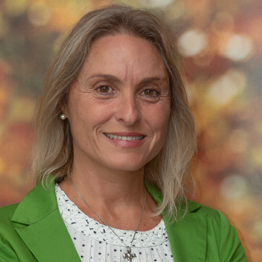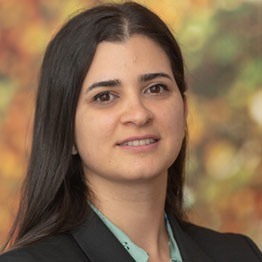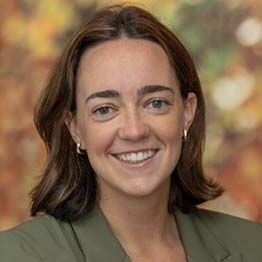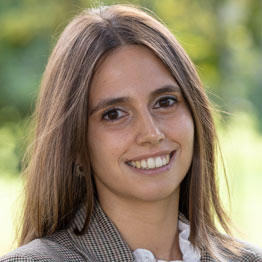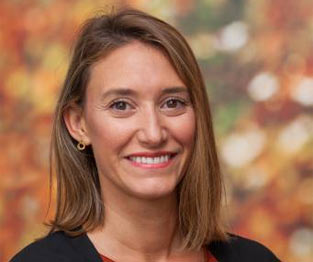Our team
This research project aims to promote the acquisition of healthy sexual lifestyles through an adequate, comprehensive education in affectivity and sexuality starting from adolescence and early youth.
This education is defined as that which favors “a state of physical, emotional, mental and social well-being in relation to sexuality; it is not merely the absence of disease, dysfunction or infirmity. Sexual health requires a positive and respectful approach to sexuality and sexual relationships, as well as the possibility of having pleasurable and safe sexual experiences, free of coercion, discrimination and violence. For sexual health to be attained and maintained, the sexual rights of all persons must be respected, protected and fulfilled,” which corresponds to the WHO definition of sexual health. Thus, fostering personal human development and communication are two of the keys to educating in the capacity for love and in the building of solid social bonds.
Sexual activity in adolescence is considered a public health issue that regularly affects an individual’s personal development and the quality of his/her social bonds. Many health and educational programs for young people have been developed— often without parental involvement and from different ideological and anthropological perspectives— but most have not been effective. They continue to increase the physical, psychological and social problems associated with sexuality in people who are ill prepared to assume its consequences.
This project proposes multidisciplinary initiatives involving parents, schools and youth, as well as their social environment.
Affective-sexual education in adolescence should first and foremost include parents, who provide a values structure through their example and with advice that young people desire. Parents’ attitudes toward sexuality influence their children’s education and initial decisions, making it imperative to promote their educational role.
Likewise, the affective-sexual Education received at school is also important because it is the place where we learn many of our behaviors and where society transmits the culture, knowledge and values by which it is governed.
It is also necessary to emphasize the construction of a context partner -cultural that promotes healthy leisure opportunities for young people and the development of social skills that allow them to resist the pressures that make it difficult for them to make free decisions based on values and knowledge.
The improvement of affectivity and sexual education among people according to the parameters of "sexual health" and the anthropological foundations based on a vision of the human being as a person: with his/her own dignity, rationality and freedom. To accomplish this general objective we work on several subprojects each with their own strategies for research, deliverables and communication.
- Reinforce the primordial educational action of parents in the affective-sexual Education of their children in the face of the challenges and educational needs that the current sociocultural context presents them.
- To favor the quality of the affective-sexual Education that, with subsidiary and complementary character to the parents, is developed in the educational centers.
- To influence the social environment of young people in such a way that it promotes good affective-sexual health and favors the experience of healthy lifestyles, the development staff and stable social bonds, thus reinforcing the educational task carried out by parents and educational centers.
The research activity and social impact of group "Infinity: family, love and sexuality" will be guide according to a theoretical framework theorist and a framework conceptual.
Team
Alfonso Osorio de Rebellón
Principal investigator
+34 948 425600
Ext: 802772
View CV "View CV of Alfonso Osorio de Rebellón".Martiño Rodríguez González
Principal investigator
+34 948 425600
Ext: 802367
View CV "View Martiño Rodríguez González's CV".María Calatrava Martínez
Researcher
+34 948 425600
No extension
View CV "View CV of María Calatrava Martínez".Carmen Callizo Romero
Postdoctoral researcher
+34 948 425600
View CV "View Carmen Callizo Romero's CV".Rafael Pérez Araluce
researcherpostdoctoral
+34 948 425600
View CV "View Rafael Pérez Araluce's CV".María de los Ángeles Cueli
PhD Student
+34 948 425600
View CV "View María de los Ángeles Cueli's CV".